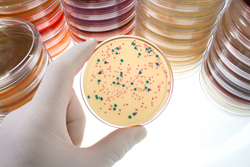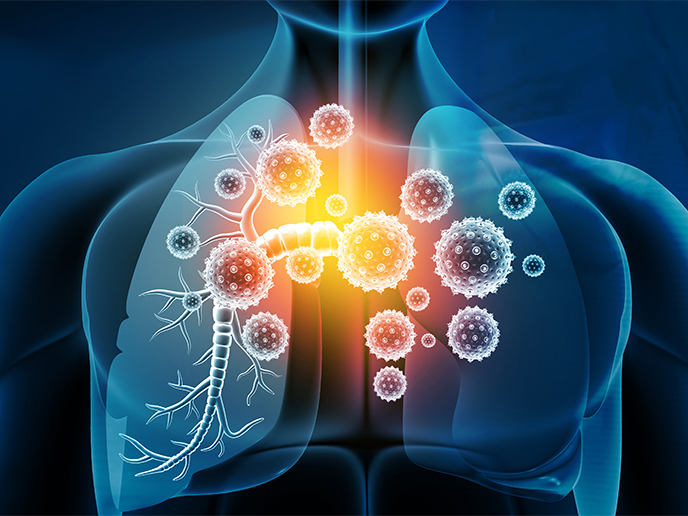Developing new food additives from bacteria
Occurring naturally in many plants, fruits, flowers and vegetables, carotenoids could be important sources of antioxidants and vitamin A for people. However, food manufactures have had difficulty incorporating them into their products due to their instability, both on the shelf and in the human digestive system. The EU-funded Colorspore project started after the discovery of a type of bacteria of the Bacillus genus that forms spores that are rich in carotenoids and are able to survive passage through the stomach which is an environment of low pH - the downfall of traditional carotenoids from the functional food industry's perspective. The ongoing project, which began in 2008, is investigating these bacteria further, assessing their safety and seeing how they can be prepared for industrial use. The international team, which includes research institutes and industrial partners, started by characterising the different related bacteria strains. They identified two which held the most promise for industrial production and determined their genome sequences and all genes involved in their carotenoid biosynthesis. The researchers evaluated the two strains - HU36 and GB1 - for safety in animal and laboratory tests and found no cause for concern. Other work found the stability and antioxidant activity of the purified carotenoids in the presence of iron to be superior to both b-carotene and lycopene. The final stage of the project, due to end in mid-2011, has begun analysing the potential of the bacteria strains as probiotic food ingredients, incorporating spores of HU36 into baked food products and assessing the effects on taste, odour, colour and stability. With initial results promising, the project is taking a big step in the development of functional food products which can improve health and drive innovation in the market.
Keywords
x







